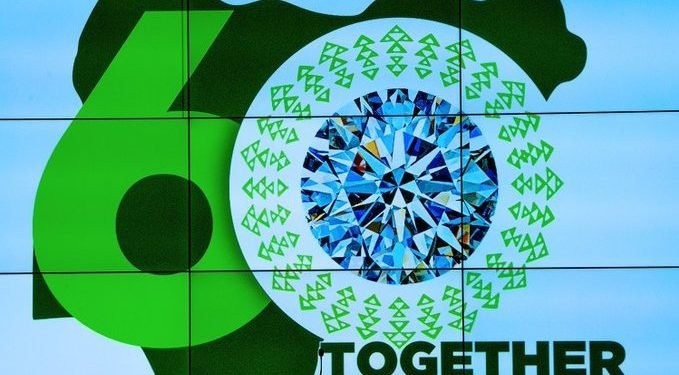At 60, wail responsibly
At independence in October 1960, the first ruling alliance wasted no time in badgering at the critical joints of the new nation, no thanks to a barely veiled domination agenda — of the ruling coalition, viciously targeted at pocketing the opposition, which disastrously, was one of the three major ethnics.
At five in 1965, it was grim portent, of a free fall without trace, into the abyss. What was more? In the vortex of the self-inflicted confusion and chaos, the children of the first ruling coalition started pouncing upon themselves. The revolution was consuming its own children — and the result was the disastrous Civil War (1967-1970)!
Even then, with the Yakubu Gowon mantra of “no winner, no vanquished”, October 1970 presaged a fresh start, after a bad early stumble, of Nigeria’s first decade. It was also the start of the first Oil Boom, when Nigeria was awash with petro-dollars.
The unfortunate thing back then — even if most didn’t quite fathom the depth of that catastrophe — was military rule. The Gowon regime was the most civil and benevolent of them all. Still, it marked the start of a long and almost uninterrupted military era, that would bring Nigeria to its knees; and also birth a rash of former soldiers, in retired generals and allied ranks, that would further blight the country’s eventual return to democracy in 1999.
In that long but better forgotten era, two names can’t be forgotten, in infamy: Ibrahim Babamasi Babangida and Sani Abacha.
IBB’s trickery was to deliver fond personal victory. But it sank the country in neo-liberal ruins, which vicious economic tracks aren’t easy to change, till today; and the basic cause of Nigeria’s poverty crisis.
Abacha, of course, was the signature tune of harsh military rule and the benumbing graft that comes with military impunity. Still, Abacha’s economic sleaze and political debauchery, which issued from military tyranny, exposed the political military as the soulless opportunists that they were. That paved the return to democracy. Thanks to Abacha and his stark extremism, Nigeria has hit 20 interrupted years of democracy — and still counting.
Still, the same military, tragic as their intervention was, expanded educational access. Again, led by Gowon, they liberalized tertiary education access, thus ensuring hitherto poor folks could benefit from highly subsidized university and allied tertiary education.
Yes, lack of enough sustainable investment ensures the Nigerian academy has seen better days — and that is to be decried. But it is doubtful if even the United States, with some odd 300 years, has achieved the sort of university penetration Nigerian youths have enjoyed, 60 years after independence.
That is to be applauded, warts and all. Indeed, if Nigerians happen to be the most thriving ethnics, university education-wise in the United States, and twinkling stars in the Diaspora all over the globe, you know where the foundation came from.
So, at 60, Nigeria may not be where it ought to be. But it isn’t the unmitigated disaster many are socialized into crowing, in anniversary jeremiads.
So, wail if you must, on this 60th anniversary. But wail responsibly. Everything is not doom.


